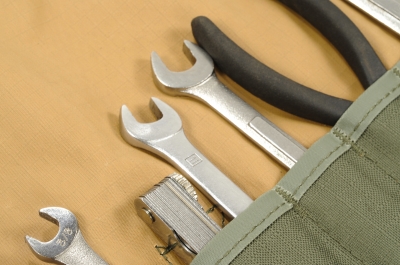Learn how you can prevent boiler explosion here.

Boiler explosion is defined as the “catastrophic failure” of a boiler. Generally, there are two kinds of boiler explosions: the failure of the pressure of steam and water sides and a furnace’s fuel or air explosion.
There are typically three things that can cause a boiler explosion:
- weak shell or other boiler parts
- over pressure
- over heating
In short, the boiler is either not strong enough to withstand the pressure that it is expected to take, or the pressure is too high.
Fire explosions is used to refer to the fuel or air explosion of a furnace. Here, the explosion usually happens after a burner flameout. Build up of oil fumes or fuel such as natural gas, coal or propane in the combustion chamber can cause an explosion. Fuel explosion inside the firebox can result to damage in the boiler tubes and interior shell. This can in turn cause the boiler’s failure, or a boiler leak.
Other causes of boiler explosion are
- a faulty pressure relief valve
- boiler plate corrosion
- low water levels
How to prevent boiler explosion
Making sure that your boiler has the correct settings can help prevent boiler explosion. The pressure relief valve is of the right size to take off excess pressure before it gets too high to cause an explosion. It is important to set the pressure of the pressure relief valve correctly typically at a lower level than the boiler’s pressure specification.
Another way to prevent boiler explosion is regular and proper maintenance. A regular annual boiler service conducted by a gas safe registered engineer will ensure that your boiler settings are set correctly and all parts of the boiler are in good working condition. Any impending boiler repair will be done before the boiler breaks. This not only prevent boiler explosion, it will also save you money from unexpected repairs and additional costs.








